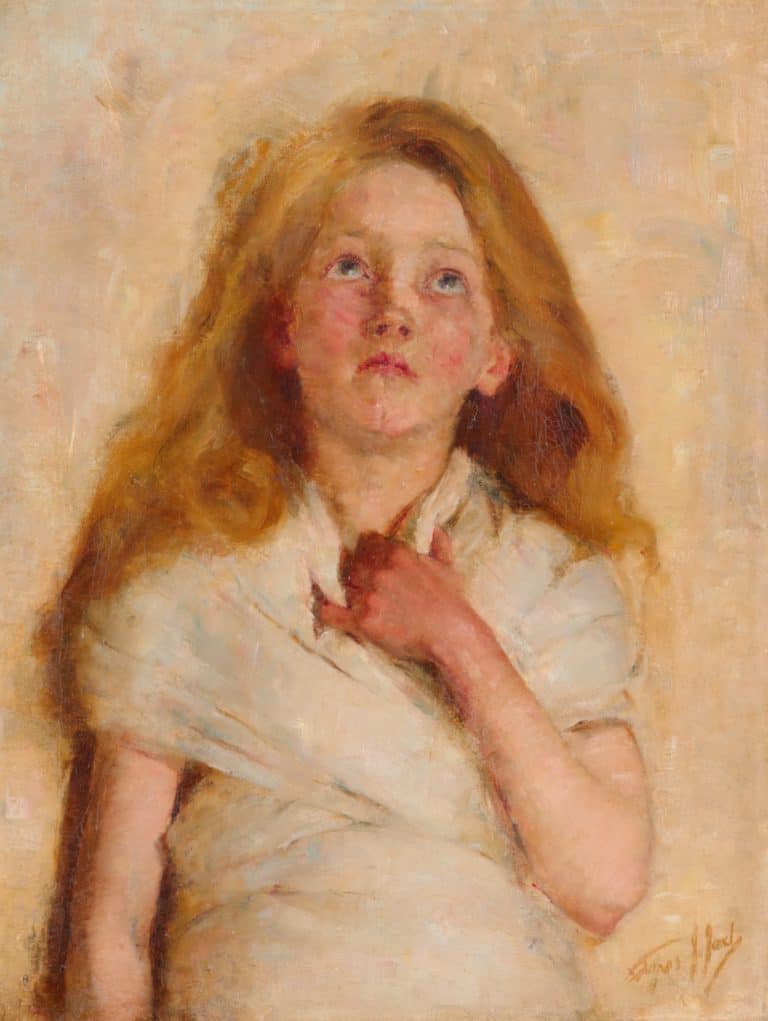OCD and Cleanliness: 7 Ways “Feeling Clean” Turns Into a Compulsion

For many, “clean” means tidy. For someone with OCD, clean means safe—and dirty means danger, guilt, or even harm. If you’ve ever washed your hands until they cracked, cleaned the same spot repeatedly, or avoided places just to feel “clean,” you’re not alone.
OCD clean behaviors aren’t about being neat. They’re about trying to silence fear through rituals. Here are 7 real ways OCD turns the idea of cleanliness into a mental trap, and how recovery begins with letting go of “just right” feelings.
1. Washing Until It Feels Emotionally Clean
It’s not about dirt. It’s about discomfort. People with OCD may wash their hands, body, or objects over and over—not because they’re dirty, but because they don’t feel clean. The relief is temporary, but the compulsion grows stronger each time.
2. Avoiding Contaminated People or Places
OCD can label certain people, clothes, or environments as “contaminated.” These triggers aren’t objectively dirty—they just feel unsafe. To avoid anxiety, individuals might isolate, avoid public spaces, or create strict cleaning routines at home.
3. Cleaning in a Specific Order or Pattern
Some feel the need to clean in a specific order—right to left, top to bottom, or in exact repetitions. If interrupted, they may start over completely. These rituals aren’t about efficiency—they’re about trying to prevent something bad from happening.
4. Replacing Items That “Feel Contaminated”
If something feels “ruined,” “dirty,” or associated with a bad memory, it might get thrown out—even if it’s brand new. OCD often leads to wasteful or expensive habits just to maintain a sense of mental purity.
5. Seeking Reassurance About What’s Clean or Safe
People with OCD often ask others, “Do you think it’s clean?” or, “Is it safe to use this?” They’re not looking for facts—they’re looking for certainty. But reassurance rarely works for long, and the cycle repeats.
6. Taking Long, Ritualized Showers or Handwashing Sessions
A quick rinse turns into a 30-minute ritual. Showers must be done a certain way. Soap must be applied in a certain order. Miss a step? Start again. It’s not about hygiene—it’s about calming the anxiety that something bad might happen if it’s not perfect.
7. Associating Cleanliness With Morality or Worth
Many people with OCD tie being “clean” to being a good person. Feeling dirty, even in a symbolic sense, may cause intense guilt, shame, or fear of punishment. Clean becomes a moral measure—not just a physical state.
Final Thoughts
OCD and cleanliness go far beyond being tidy or neat. For many, it’s about control, fear, and the desperate need to feel safe in a world that feels dangerous. But the truth is: you don’t need to feel perfectly clean to be okay.
With Exposure and Response Prevention (ERP) therapy and support, it’s possible to live without rituals, trust your body, and tolerate discomfort without compulsions. You don’t have to keep chasing “clean.”





